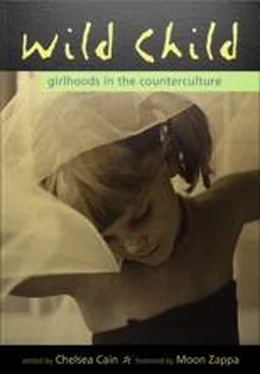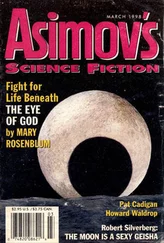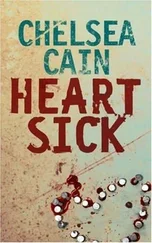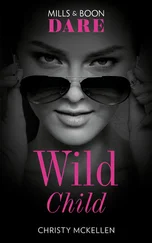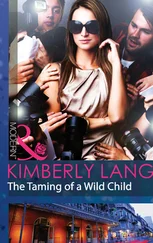What culture are we living in now? Your grandmother curses my tattoos. Did she change? Or did I?
This morning you asked me to buy you peace-sign earrings at Clothestime, girl-child. Tonight the network newscasters told us straight-faced that the war was over. The smart bombs had done their job and all the casualties were friendly fire.
And sometimes I still wonder: Did everyone really stop dying? Or did everyone else just start lying?
Our Mail truck Days
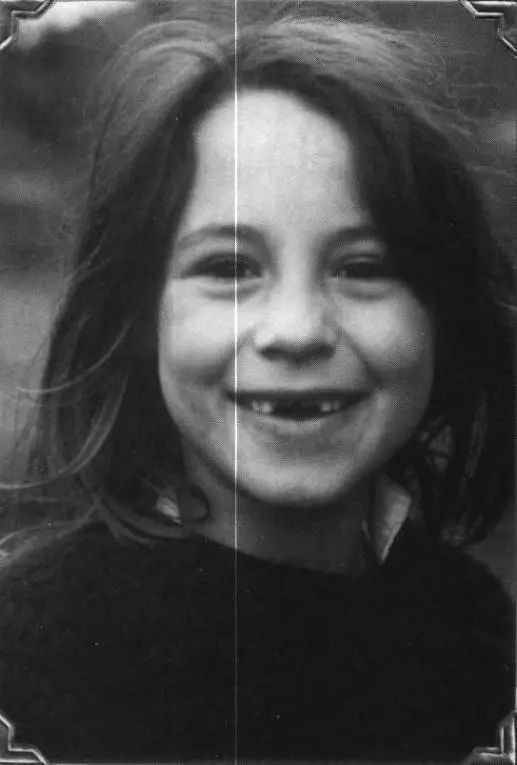
In 1969, my father was arrested for his part in an antiwar protest f in Boston and was sentenced to a two-year prison term. (He and my mother had split up several years earlier, but they had remained close, sharing the child-rearing duties and trying to forge a new kind of divorce, one that was in keeping with their progressive politics.) He began serving his time at Billerica not long after his twenty-eighth birthday. I was a little over three years old. Once he was settled, my mother took me to see him in prison. He had written her a letter asking for books and a new pair of tennis shoes-he was playing a lot of pick-up basketball in the yard to keep his head clear. On the ride out to the prison, I clutched a box of black Converse hightops in my lap, my head bubbling with important things to tell him, thoughts which percolated up, burst, and disappeared-their one theme: Don’t forget me.
I remember very little of our lives then, but that visit has the etched clarity and foggy blanks of a fever dream. We pulled into the broad prison parking lot and stepped out to face the gray facade punctured by a grid of tiny windows. Mother lifted her hand against the glare, then pointed to a figure in one of the barred openings. Was it my father? She hoisted me onto the roof of the car, and I held the shoebox over my head and shook it. I thought I saw the man wave back.
In the waiting room, the guards called our names in flat tones, never looking us in the eye. They led us through a series of thick pneumatic doors and down long corridors to the visiting room. Once we were inside, I saw something soften in their faces. ‘Sit right here, missy,’ one of them said. Mother lifted me into a plastic chair and my feet jutted straight out, so I stared at the toes of my tennis shoes, printed with directives in block letters: left, right.
I sat still until a door on the far wall opened and a flood of men filed in. Out of the mass of bulky shapes, my father stepped forward, the details of his face reassuring in their particulars. He grinned and reached for me across the tabletop scribbled with names and dates, and despite the no touching rule, the guards said nothing. When he took my hand, every manic bit of news I had practiced in the car flew out of me. I was stunned by the dry warmth of his skin, his white teeth, the way he cleared his throat in two beats before speaking. Distance made me notice for the first time these familiar things, which proved him to be real beneath the clipped hair and the prison uniform.
Our conversation was simple. There was little we could say in the span of one public hour. He read me stories, which my mother had brought, cracking the pages wide and roving from bass to falsetto as he acted out the dialogue. I told him what I ate for lunch, and in the silence before he answered I remembered the tennis shoes, flushed with relief to have something to give him. ‘Look what we got you’ I said, and then tore the box open myself. I beamed and bunched my skirt between my knees while he admired them. ‘All Stars!’ he said. ‘These are the best. I’m gonna tear up the court.’
At the end of the hour, the guard rested one hand on his gun, tipped back on his heels, and called the time. Panic closed my throat. I looked to my father for a sign-he would tell the man we weren’t ready-but his eyes were wet and the corners of his mouth twitched down. I turned to the stranger by the wall and flashed a saccharine smile. ‘Daddy,’ I asked, leaning my cheek on the table and looking at the guard, ‘is that the nice man you told me about?’
The guard squinched his face at me, in what passed for kindness in that place, then made a slow turn and gave us a few extra minutes. Once they were granted, we had nothing to say. I sat there with all my feeling funneled down to the smallest aperture, until my chest hummed and my head felt light. Then the guard said, ‘Time’s up,’ and we shuffled to our feet.
In the clamor of chair legs and murmured good-byes, we could speak again. ‘Hey, what do you want for Christmas?’ my father asked. I stopped in the doorway and stared at his dark bulk. I wanted him. But his voice was filled with a sudden expansiveness, and I knew I should ask for something he could give.
‘Something purple,’ I told him. It was my favorite color then, and I let everyone know: I was staking out my turf in the visible spectrum.
I still have a letter he wrote me that night from his cell: ‘It may take a long time, but I’ll try to get you a purple thing. Here’s a pretend one for now.’ Below it is a necklace with a carefully sketched purple star, ringed by faint marks where I once tried to work it free from the paper.
This was the first of many letters he wrote me, each with a drawing in colored pencil. ‘Darling Lisa-Hello, Hello, Hello. I am very happy tonight. I got a guitar yesterday and am learning to play it. I am on a diet so I won’t be fat at all-not even a little bit.’ Then half the page taken up by an abstract drawing: a grid filled with tangled clots of scribbling, a black anvil shape, a downward arrow, the symbol for infinity. ‘I call this picture, Being in Jail: JAIL. I love you darling, Your Father.’
His notes were full of rhymes and playfulness: portraits of me with green hair, or of himself with the head of a man and the body of a conga drum. In places, his loneliness leaked through. ‘I will try to keep writing you,’ said one letter, ‘but it’s hard when you don’t write me back.’ I was pricked by guilt when I read these pleas, then quickly forgot them. At first his absence was a plangent note, always sounding in the background, but it became muffled as the months passed. In time, I had trouble recalling his face.
My mother made several visits to Billerica, but gradually she began to cut ties. My father had become increasingly focused on his political work in the months leading up to the demonstration, and his arrest meant she had no help in caring for me, no one to consult with, no air. She was furious at him, and fury made her feel free. We would move to Mexico and buy a piece of land. She would become a potter, maybe look for work teaching English. I would wear embroidered dresses and turn brown in the tropical sun.
In the flush of her new-found independence, Mother went to a postal service auction and bought herself a used mail truck. She parked it outside of our apartment and gave me a tour. With a tune-up and a few interior improvements, she said, it would get us south of the border. The cab had one high leather seat, and a long lever that worked the emergency brake. To shift gears, you punched numbered keys on a small raised box. It looked like a tiny cash register, and Mother let me play with it while the engine was off. A sliding door led back into a cold metal vault, bare but for a few mail shelves. ‘This is going to be our cozy rolling home,’ Mother said, her voice echoing off the walls.
For the next few months, my mother worked as a waitress and took steps to make the mail truck road-worthy. The first rains of autumn had revealed a couple of leaks in the chassis, so she spent a weekend driving around Cambridge in search of patching material. On a narrow side street, she spotted a promising sign: Earth Guild-We Have Everything.
Читать дальше
